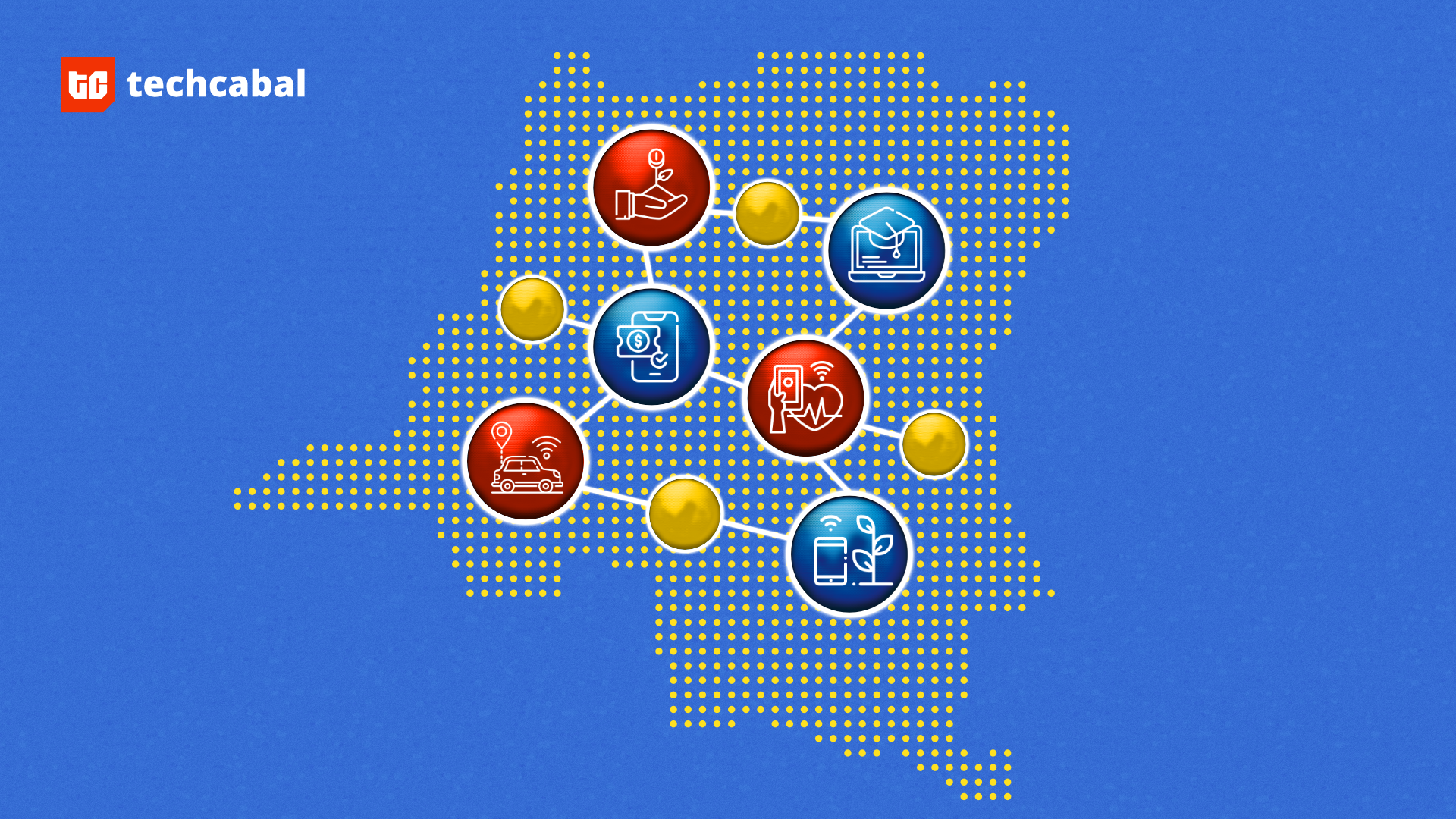Nigeria’s unified FX rate will affect the operations of digital remittance startups and possibly alter their strategies. With traditional banks staging a comeback, what will a path to winning in cross-border payments look like for Nigerian fintechs?
Ask any Nigerian: sending and receiving money from abroad is a struggle, thanks to restrictive regulations around international transactions and a multiple foreign exchange (FX) regime. These restrictive regulations and the inefficiencies of legacy players opened the door to digital remittance startups that offer instant and no-fee cross-border transactions. But Nigeria’s move to a unified FX rate may see these remittance startups face more competition.
Adedeji Olowe, founder of Lendsqr, a lending SaaS fintech, told TechCabal that the unification of the exchange rate creates competition between banks and digital remittance startups. “Banks with branches abroad can start targeting Nigerians and promise them to help them send money directly to a bank account in naira at a given rate,” he said. According to local media reports, Nigerians in the Diaspora remitted $168.33 billion to the country in the past eight years. It’s no surprise that banks will want to grab a bigger piece of the pie. For instance, Access Bank has partnered with Remitly
Despite these new product offerings from banks that show they can compete with startups, many experts believe that startups are better positioned to win. Digital remittance startups are digital-first and offer ease and better customer service than many banks can currently offer. Additionally, because these startups often don’t have multiple products or services, they can take advantage of their narrow focus to improve their offerings at speeds the banks can’t match.
According to Charles Odogwu, a digital payments expert with experience in Nigeria’s banking sector, digital remittance startups can explore innovative ways to enhance user experience, lower transaction costs, expand their reach to underserved markets, and leverage emerging technologies like blockchain for faster and more secure transfers. “They can offer additional financial services such as savings, investment options, or digital wallets,” Odogwu added.
Some fintechs are already moving quickly. Endowd and Flutterwave launched payment products that will allow Nigerian students to pay international tuition using Naira. In the same week, Paga shared that its users can now receive remittances in naira.
Digital remittance startups exchange dollars, euros, and British pounds at the parallel market rate which was frequently 30% higher than the Central Bank’s rate. In June, the Central Bank removed the artificial pegs to unify exchange rates. Per, the latest rules from the apex bank, beneficiaries of diaspora remittance can receive payments in naira at the prevailing exchange rates of the day. Both traditional banks and fintechs have interestingly been quick to latch onto the new policy.
However, there is a question of trust. Customers are likelier to trust their traditional banks, unlike fintechs with no physical branches. In hindsight, fintechs have earned that trust if one considers their gains during the cash crunch early this year that saw Nigerians depend on Chinese-backed upstarts Opay and Palmpay. As one digital remittance expert told me, customers are more interested in the service that works than who is offering it. If anything, the remittance market is ripe for the taking of fintechs considering their offerings, especially customer trust and reliability.





















